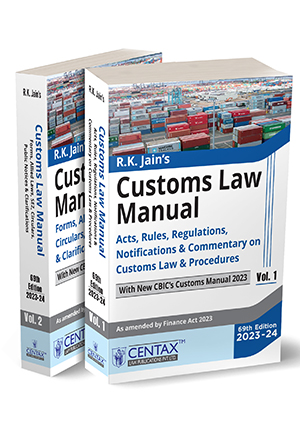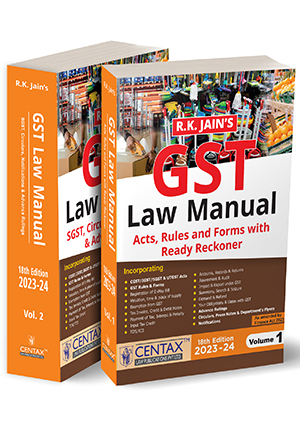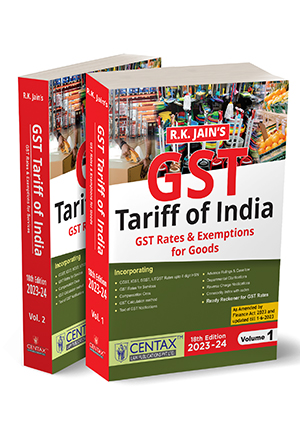[Opinion] Directors face penalties for failing to follow proper procedure when signing financials
- Blog|News|Company Law|
- 2 Min Read
- By Taxmann
- |
- Last Updated on 29 December, 2022

1. Financial statements of a company
Financial statements are a set of documents that show a company’s financial status at a specific point in time generally as at the year end date. They include key data on what the company owns and owes and how much money it has made and spent.
Financial statements are the basic and formal annual reports through which the corporate management i.e. the board of directors of a company communicates financial information to its owners i.e. shareholders of the company and various other external parties which include investors, tax authorities, government, employees, etc. The financial statements refer to (a) the balance sheet as at end of accounting period; (b) the statement of profit and loss of a company for the full accounting year and (c) the cash flow statement. The financial statements are prepared by the company and the same is approved by the board of directors and thereafter the same is laid before the shareholders at the annual general meeting for their approval and adoption.
2. Signing requirement of the financial statements of the company
As per the provisions of sub-section (1) of section 134 of the Companies Act 2013, the financial statement, including consolidated financial statement, if any, shall be approved by the board of directors before they are signed on behalf of the board by the chairperson of the company where he is authorized by the board or by two directors out of which one shall be managing director, if any, and the chief executive officer, the chief financial officer and the company secretary of the company, wherever they are appointed or in the case of One Person Company, only by one director for submission to the auditor for his report thereon.
3. Penal provisions for default committed (if any) by the company
As per the provisions of sub-section (8) of section 134 of the Companies Act 2013 if a company is in default in complying with the provisions of this section (i.e.134), the company shall be liable to a penalty of three lakh rupees and every officer of the company who is in default shall be liable to a penalty of fifty thousand rupees.
4. Consequences of any default
To understand the impact of non-compliance / default committed, if any, by a company, the regulator would initiate penal proceedings which would result in heavy penalties on the company and its directors/ officers. To understand the impact, better we go through a decided case law on this matter by the Registrar of Companies of Chennai on 10th October 2022.
Click Here To Read The Full Article
Disclaimer: The content/information published on the website is only for general information of the user and shall not be construed as legal advice. While the Taxmann has exercised reasonable efforts to ensure the veracity of information/content published, Taxmann shall be under no liability in any manner whatsoever for incorrect information, if any.

Taxmann Publications has a dedicated in-house Research & Editorial Team. This team consists of a team of Chartered Accountants, Company Secretaries, and Lawyers. This team works under the guidance and supervision of editor-in-chief Mr Rakesh Bhargava.
The Research and Editorial Team is responsible for developing reliable and accurate content for the readers. The team follows the six-sigma approach to achieve the benchmark of zero error in its publications and research platforms. The team ensures that the following publication guidelines are thoroughly followed while developing the content:
- The statutory material is obtained only from the authorized and reliable sources
- All the latest developments in the judicial and legislative fields are covered
- Prepare the analytical write-ups on current, controversial, and important issues to help the readers to understand the concept and its implications
- Every content published by Taxmann is complete, accurate and lucid
- All evidence-based statements are supported with proper reference to Section, Circular No., Notification No. or citations
- The golden rules of grammar, style and consistency are thoroughly followed
- Font and size that’s easy to read and remain consistent across all imprint and digital publications are applied





